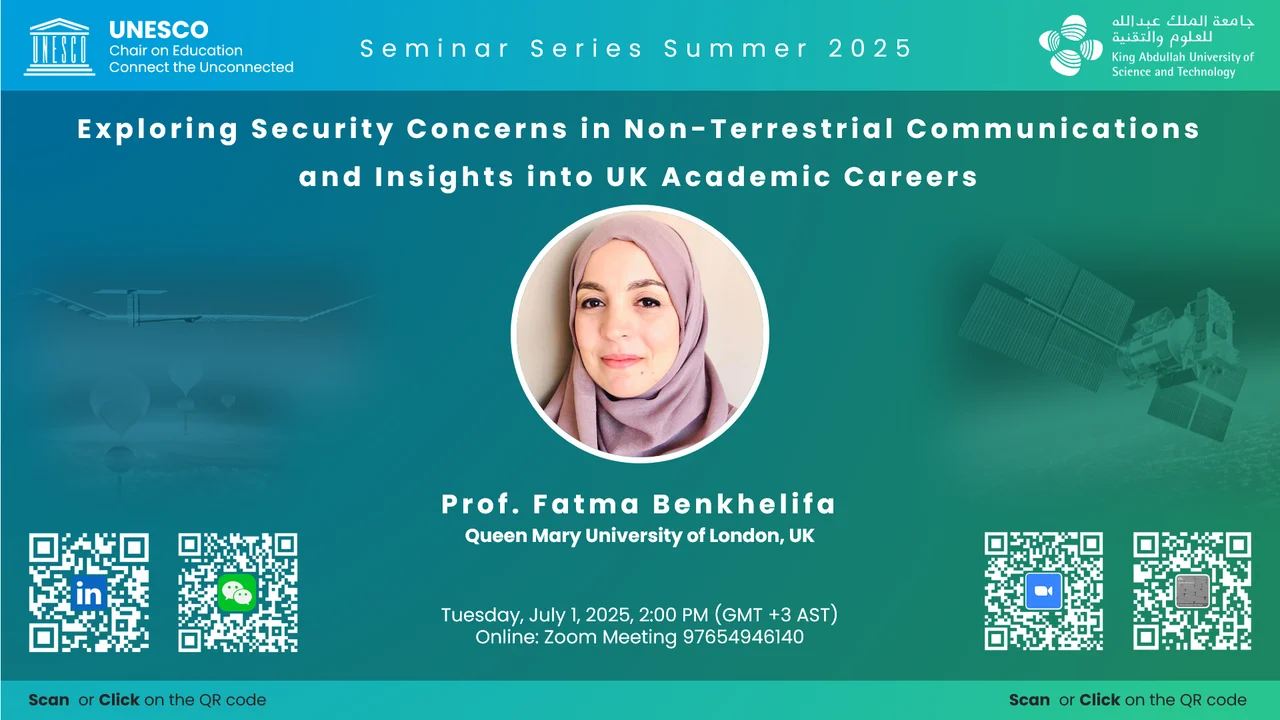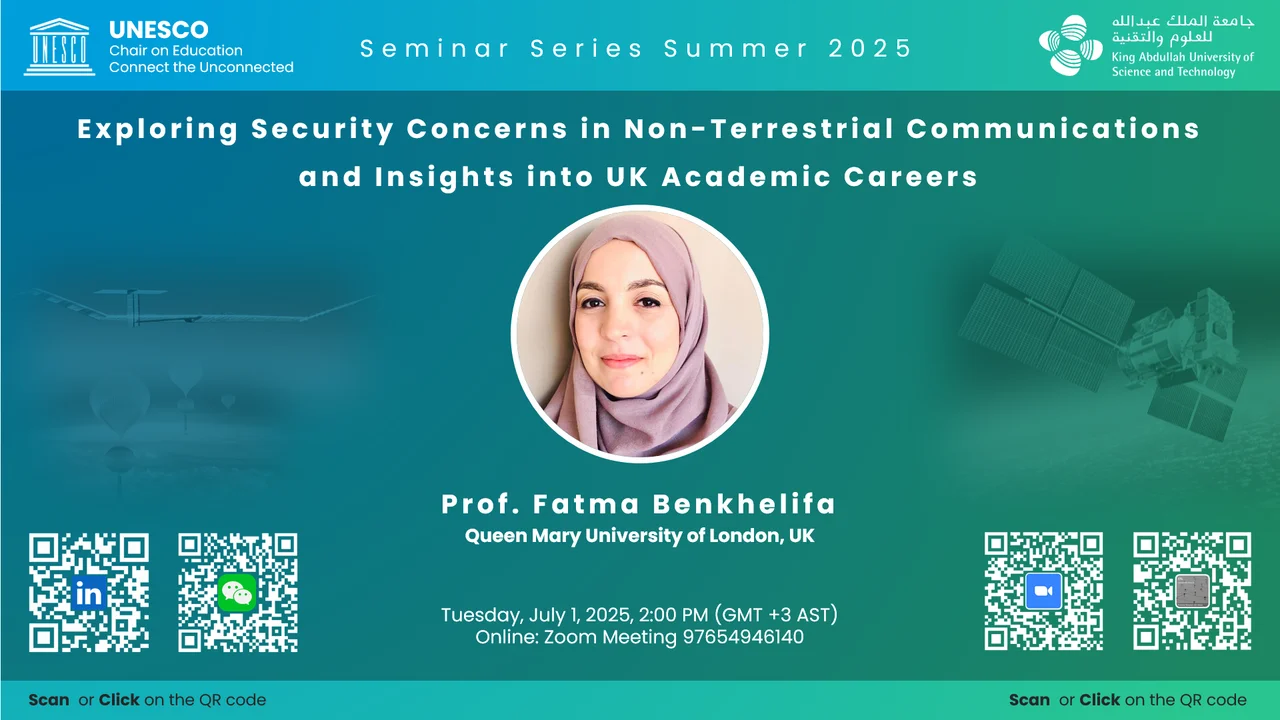
Exploring Security Concerns in Non-Terrestrial Communications and Insights into UK Academic Careers
Overview
Non-Terrestrial Networks (NTNs) provide global connectivity in remote and underserved areas where traditional communication infrastructure is insufficient. NTNs leverage advanced technologies such as satellite systems, high-altitude platforms (HAPs), and aviation-based communication systems. These networks not only expand coverage but also enhance mobility, stability, and reliability across diverse communication scenarios. NTNs have the potential to accelerate innovation in fields such as smart infrastructure, telemedicine, and IoT-based services, thereby creating societal value and driving digital transformation.
However, integrating NTN with terrestrial infrastructure creates significant security concerns, including cyber threats from quantum computers, signal jamming, unauthorized access, and cyberattacks targeting non-terrestrial assets. NTNs exhibit unique environmental characteristics – such as high mobility, multiple integrated platforms, and fluctuating latency – which current security systems fail to address, resulting in security vulnerabilities.
To tackle these challenges, it is imperative to develop security systems tailored to the specific NTN characteristics. Achieving this requires addressing key goals including confidentiality, integrity, availability and non-repudiation. Physical layer security (PLS) emerges as a promising security solution for NTNs, exploiting the unique physical properties of wireless channels to ensure security and resist attacks that rely on computational strategies.
This talk will begin by briefly reviewing security concerns in NTNs and discussing the potential of PLS as a viable security solution. It will then present an innovative channel estimation method based on Zero-Shot Learning (ZSL), demonstrating its effectiveness in massive MIMO and NTN scenarios using the NTN TDL channel as defined in 3GPP TR 38.811.
Subsequently, the talk will introduce ongoing work on a proposed PLS secret key generation method, evaluated using both ZSL-based simulated CSI datasets and real-world Starlink datasets provided by Satellite Applications Catapult. The robustness of the method will be illustrated through its low mismatch rates.
The talk will also include a satellite cooperation method using a stochastic geometry-based system modeling strategy, with results shown across various decoding thresholds and numbers of serving satellites.
Finally, the talk will offer brief insights into UK academic careers, including practical tips on preparing applications and succeeding in academic interviews in the UK.

Presenters
Fatma Benkhelifa, Queen Mary University of London, UK
Brief Biography
Dr Fatma Benkhelifa is a Lecturer in Telecommunications at Queen Mary University of London. She is a honorary research fellow at Imperial College London. Her research interests include, but not limited to, resource management algorithms, stochastic-geometry-based analysis, spatio-temporal modeling, energy harvesting, physical-layer security, reinforcement learning and deep learning approaches of low-power wide-area networks, wireless sensor networks, and wireless communication systems.
Before joining QMUL, she was a lecturer at Coventry University and research fellow/research associate at Imperial College London. She received PhD in Electrical Engineering in 2017 (King Abdullah University of Science and Technology (KAUST), Saudi Arabia), Master of Science in Electrical Engineering in 2013 (KAUST, Saudi Arabia), and Polytechnician Engineering Diploma in Signals and Systems in 2011 (Ecole Polytechnique de Tunisie, Tunisia).
She is an associate editor at IEEE Communications Letters and at Frontiers in Communications and Networks, a reviewer in many IEEE transaction journals and a technical committee member (TPC) in prestigious IEEE conferences such as IEEE ICC, IEEE GLOBECOM, IEEE WCNC, etc.